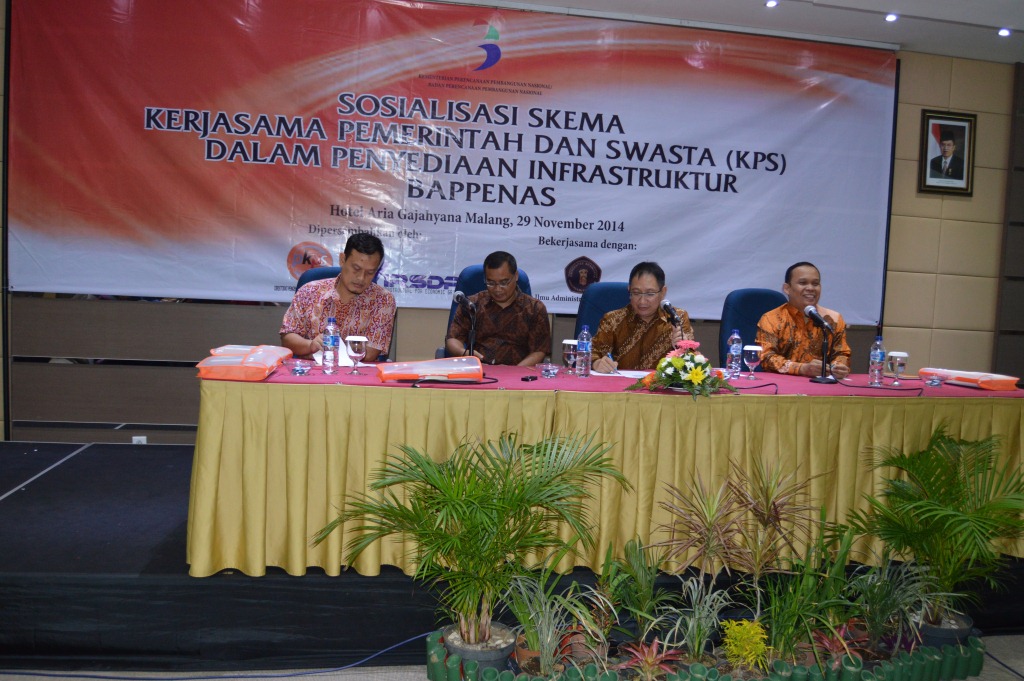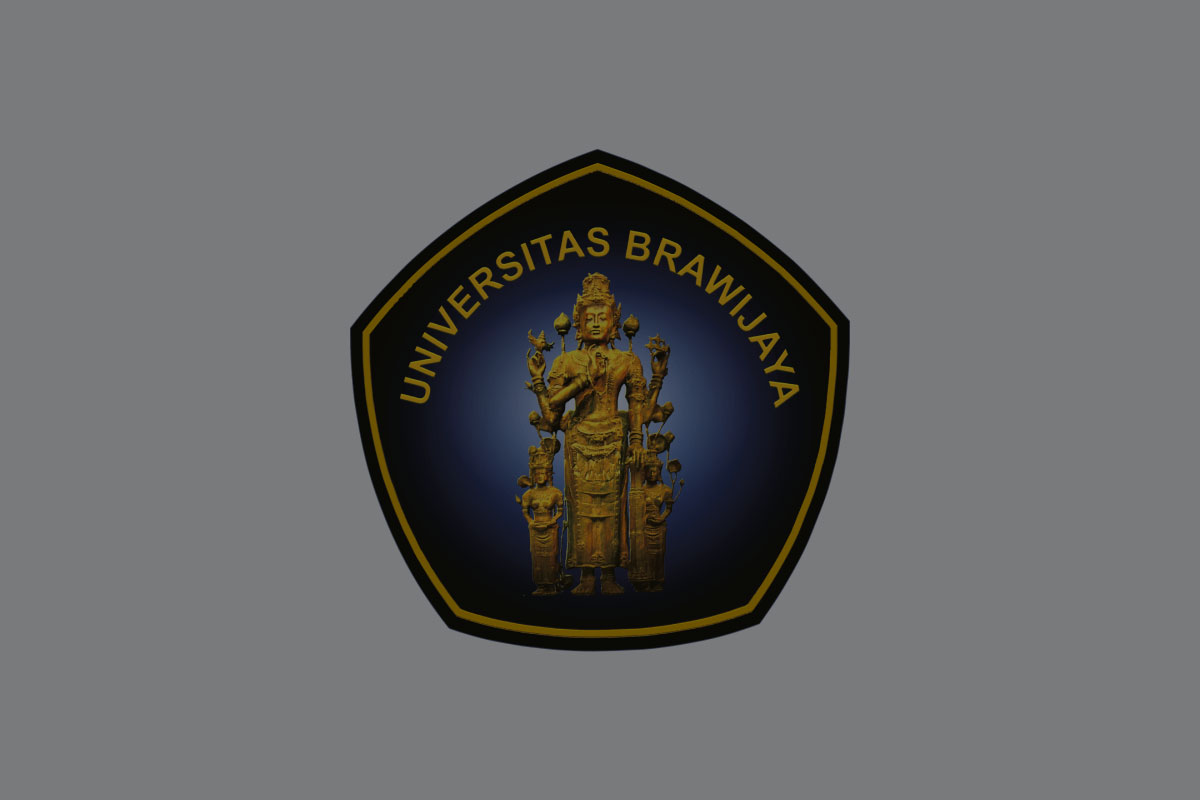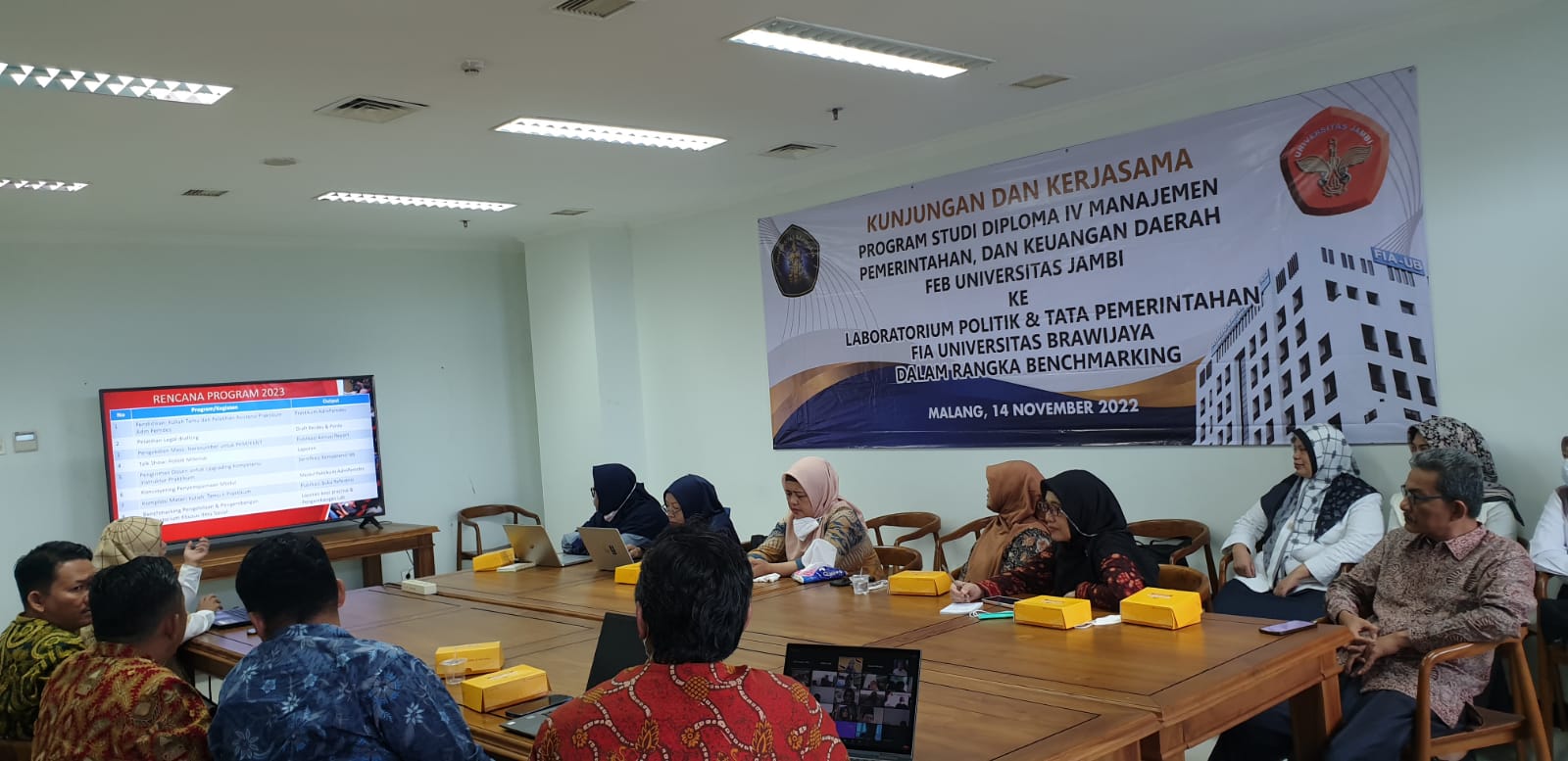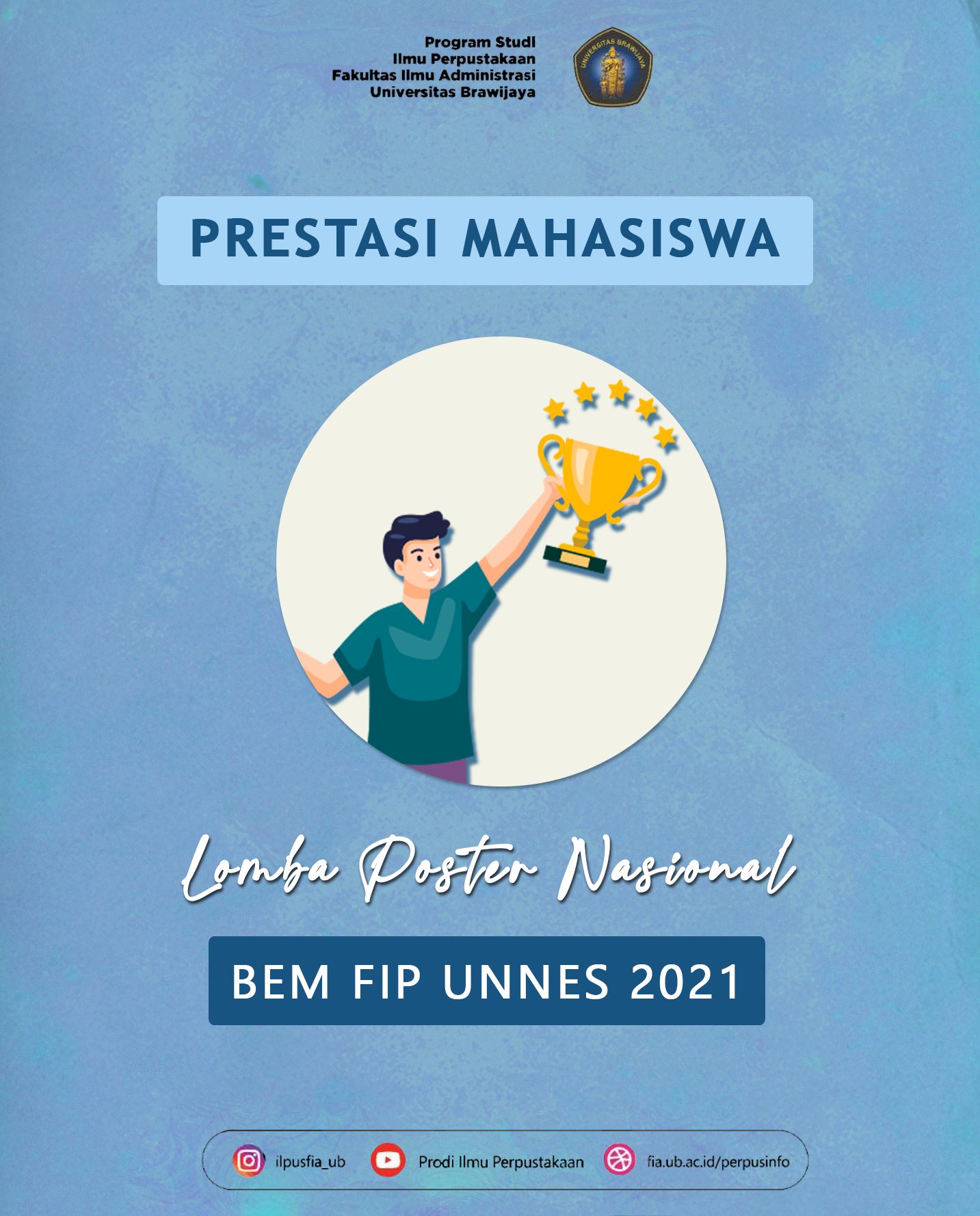As an initiation form of cooperation between the government and the private sector, Bappenas and the Faculty of Administrative Sciences, Universitas Brawijaya (FIA UB) held a socialization event Public Private Partnership with the theme "Socialization of the Public Private Partnership Scheme (KPS) in the Provision of BAPPENAS Infrastructure" on Saturday (29/11) yesterday. This event is one of a kind sharing knowledge and dissemination of Indonesian Government policies related to the issue of Public Private Partnership in Indonesia. As present speakers namely Ir. Racmat Mardiana, MA as Head of Tariff and Risk Analysis Sub Directorate of PKPS Directorate, Drs. Bob Sagala, M.Sc as Head of Cooperation, Directorate of Deconcentration and Cooperation of the Ministry of Home Affairs, and Dr. Asep Suryadi, SE, M.Sc. as Head of Sub Directorate of BMN II Ministry of Finance.
The moderator for this event was Ir. Gunsairi, MPM who is the Head of Sub-Directorate for Institutional Regulation and Information of the PKPS Directorate. He opened by explaining the addition of experts as advisors and experts to accompany this government program. Clothing, food, maritime and energy are priorities in enhancing the PPP program. The event was attended by around 50 participants consisting of representatives from universities and local government. This event was opened by a representative from FIA UB, namely Dr. Wilopo, M.AB. in his remarks he gave the message that this event adds to the initiation and realization of Public Private Partnership, especially involving universities. This event can also provide a starting point for making Indonesia's infrastructure targets progress according to President Joko Widodo's mission.
Ir. Racmat Mardiana, MA delivered material on the Public Private Partnership (KPS) process. As explained by Mardiana, the reason for several countries adopting PPPs is to improve operations and create new jobs. PPP has two sides, namely the government and the private sector. The regulations that underlie PPPs are PP 27 of 2014 and Presidential Decree 67 of 2013. The purpose of PPPs is to meet funding needs and the effectiveness and efficiency of infrastructure development. There are 4 stages of Cooperation Project Implementation, namely the stages of cooperation project planning, preparation of cooperation projects, cooperation project transactions, and management of implementation of cooperation agreements. There is an institution in charge of cooperation projects called the Collaboration Project Person in Charge (PJPK). The stages of preparing the cooperation project are the stages of the initial pre-feasibility study and the preparation of a readiness study. Management of the Implementation of the Cooperation Agreement is carried out in four periods, namely pre-construction, construction, commercial operation, and the expiration of the cooperation agreement.
Drs. Bob Sagala, M.Si menyampaikan materi tentang tata cara kerjasama daerah, Otonomi daerah seimbang dalam setiap regulasi namun memang kondisi setiap daerah meiliki kondisi berbeda-beda. Kerjasama dengan daerah merupakan onovasi dalam pelaksanaan otonomi itu sendiri. Ketika daerah melakukan kerjasama sangat terkait dengan berbagai aspek seperti hukum, administrasi, ekonomi, dan lain-lain. Namun tidak semua daerah memiliki kesiapan tentang hal ini. Pemerintah daerah secra umum belum siap mengembangakan kerjasama dengan swasta. Hendaknya pemerintah mengenal calon mitra yang berasal dari swasta. Fenomena umum titik kelemahan Pemda dalam KPS yaitu tidak melalui proses kelembagaan, kesiapan dalam membuat perencanaan teknis dan analisa yang mumpuni (SDM), kemampuan mengemas tawaran KPS menjadi sesuatu yang menarik bagi pihak swasta, masih lemah dalam bernegosiasi, masih lemah menyusun nota perjanjian, ketidakjelasan keberadaan aset Pemda serta kemampuan melakukan Binwas. Berbagai masalah yang ada pada proses KPS seperti disharmoni berbagai rangkaian peraturan terkait kerjasama daerah (akan dilakukan revisi rangkaian peraturan terkait), masih tingginya perbedaan persepsi dan pemahaman antar stakeholders related to the concept of regional cooperation, the low capacity of regional government officials to organize regional cooperation (from planning to evaluation so that it has the potential to harm the regional government), weak commitment and potentially disruptive political competition.
Dr. Asep Suryadi, SE, M.Si delivered material on the Policy for Management of State Property (BMN), the legal basis for Law no. 1 of 2004 concerning the State Treasury and Government Regulation Number 27 of 2014 concerning Management of State/Regional Property. State/Regional Property 90% originates from the APBN. The use of BMN can be carried out as long as it does not interfere with the implementation of the duties and functions of administering state government and the use of BMN is carried out by taking into account the interests of the state and the public interest. In the event that the Cooperation Project covers BMN with several Property Users, then the Minister/Head of Institution acting as the PJPK submits the proposed implementation of the KSPI to the Property Manager, including in his capacity as the Property User. (MRH/FIA)








